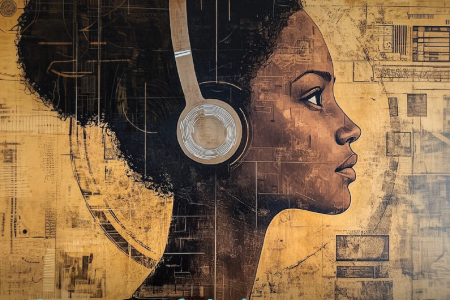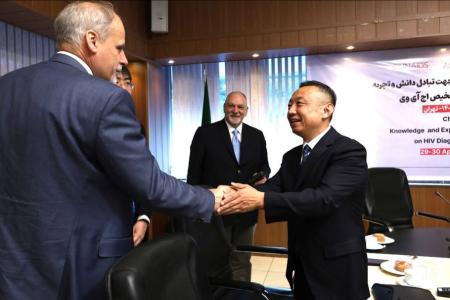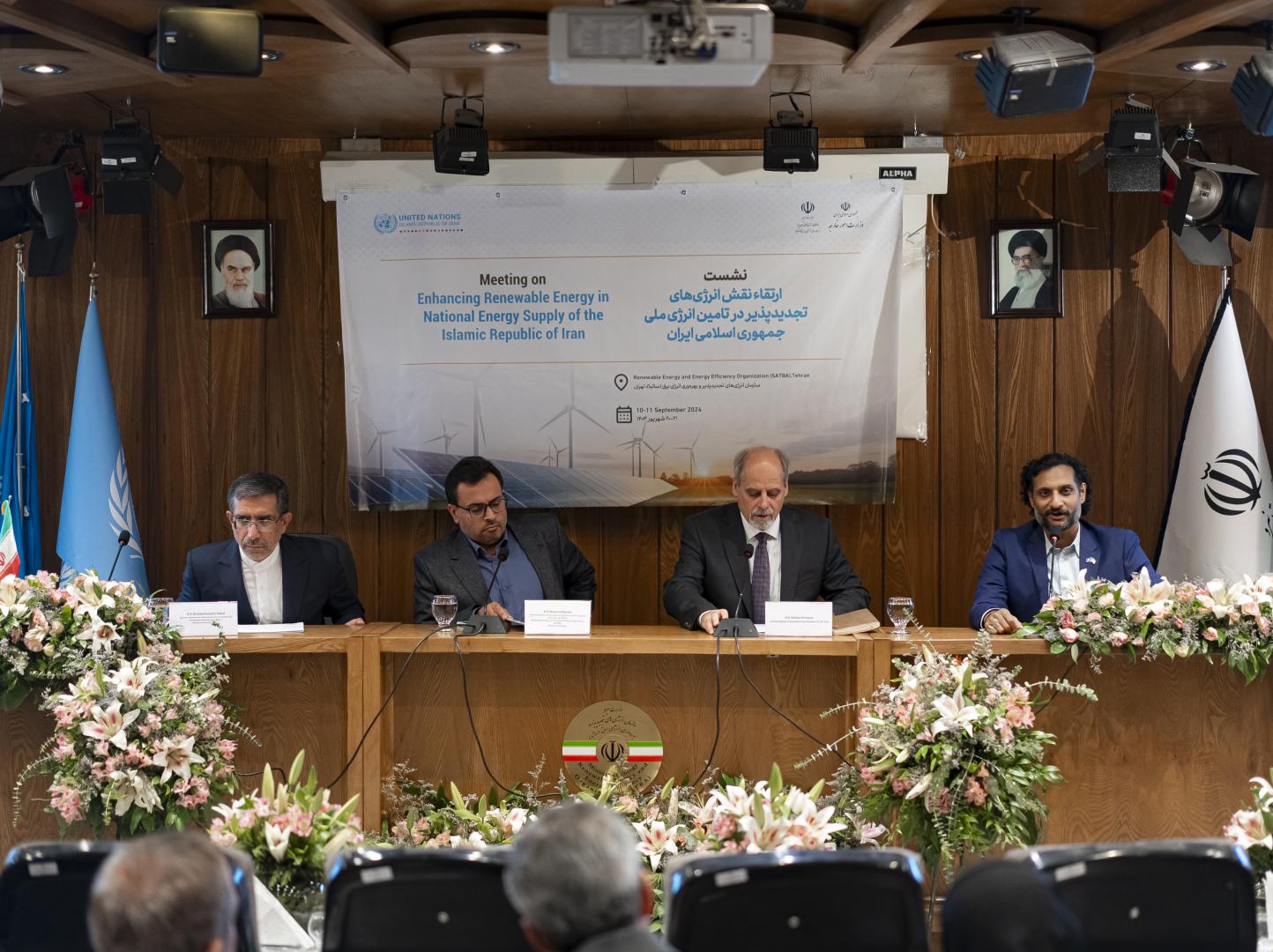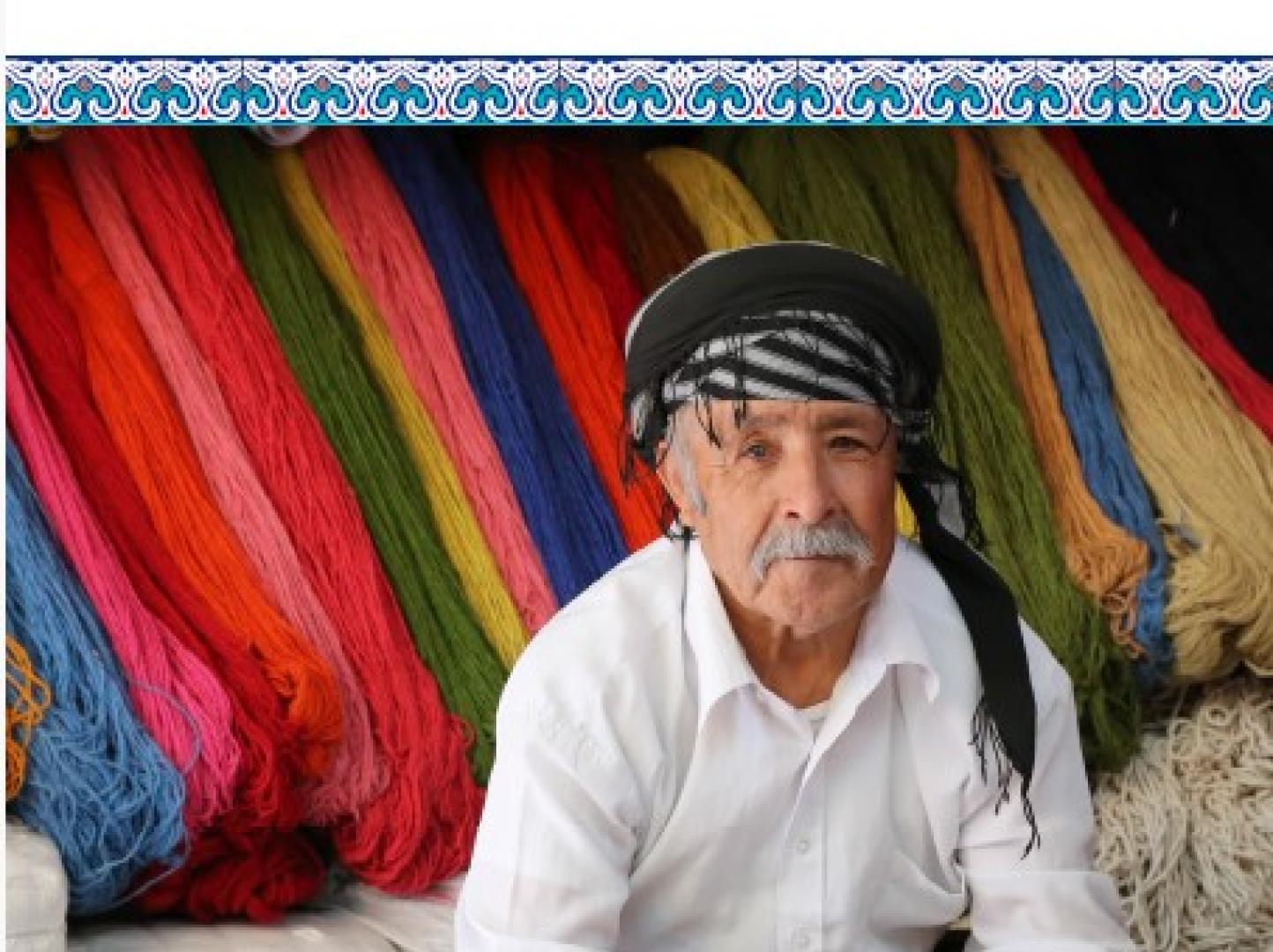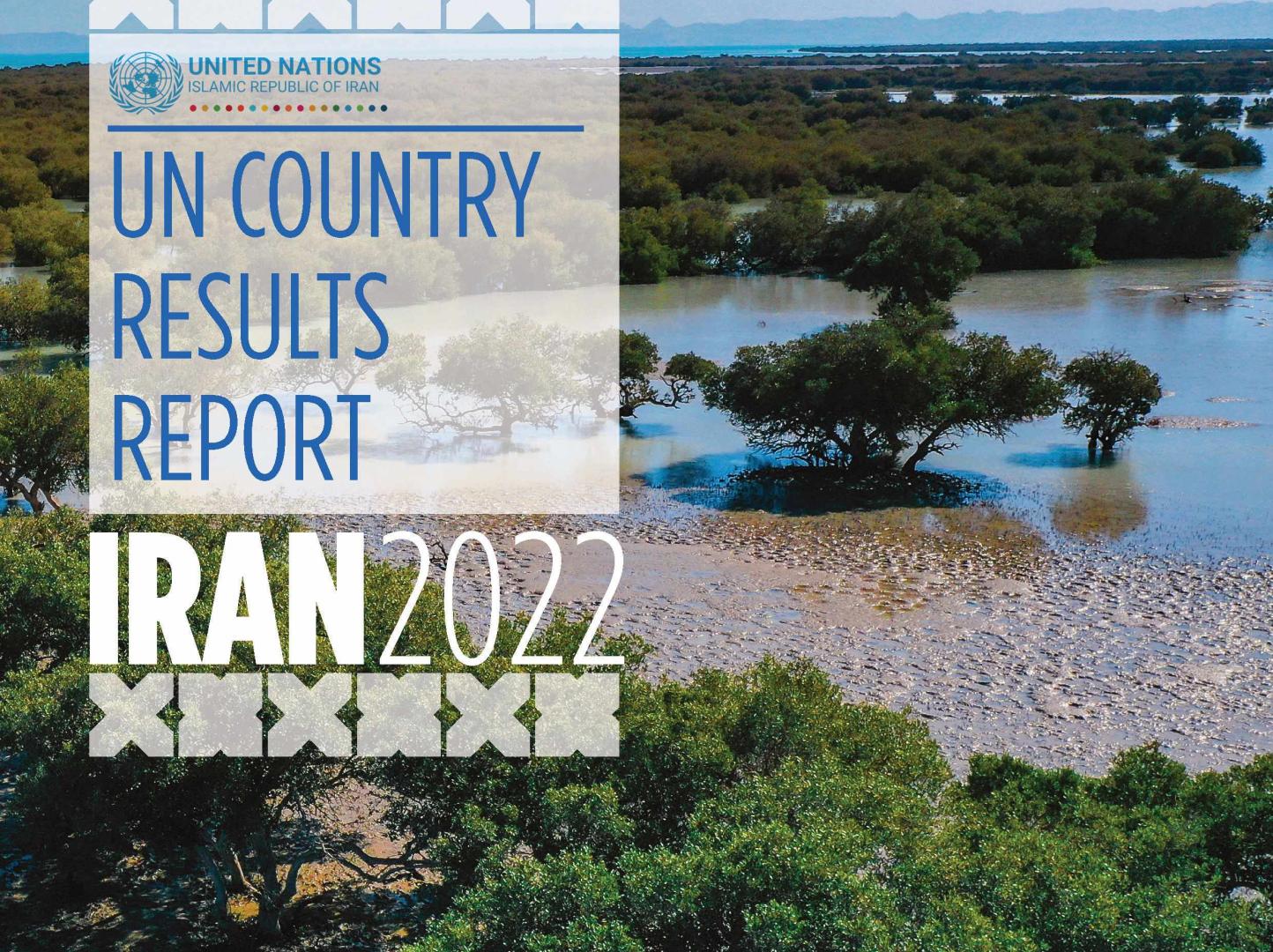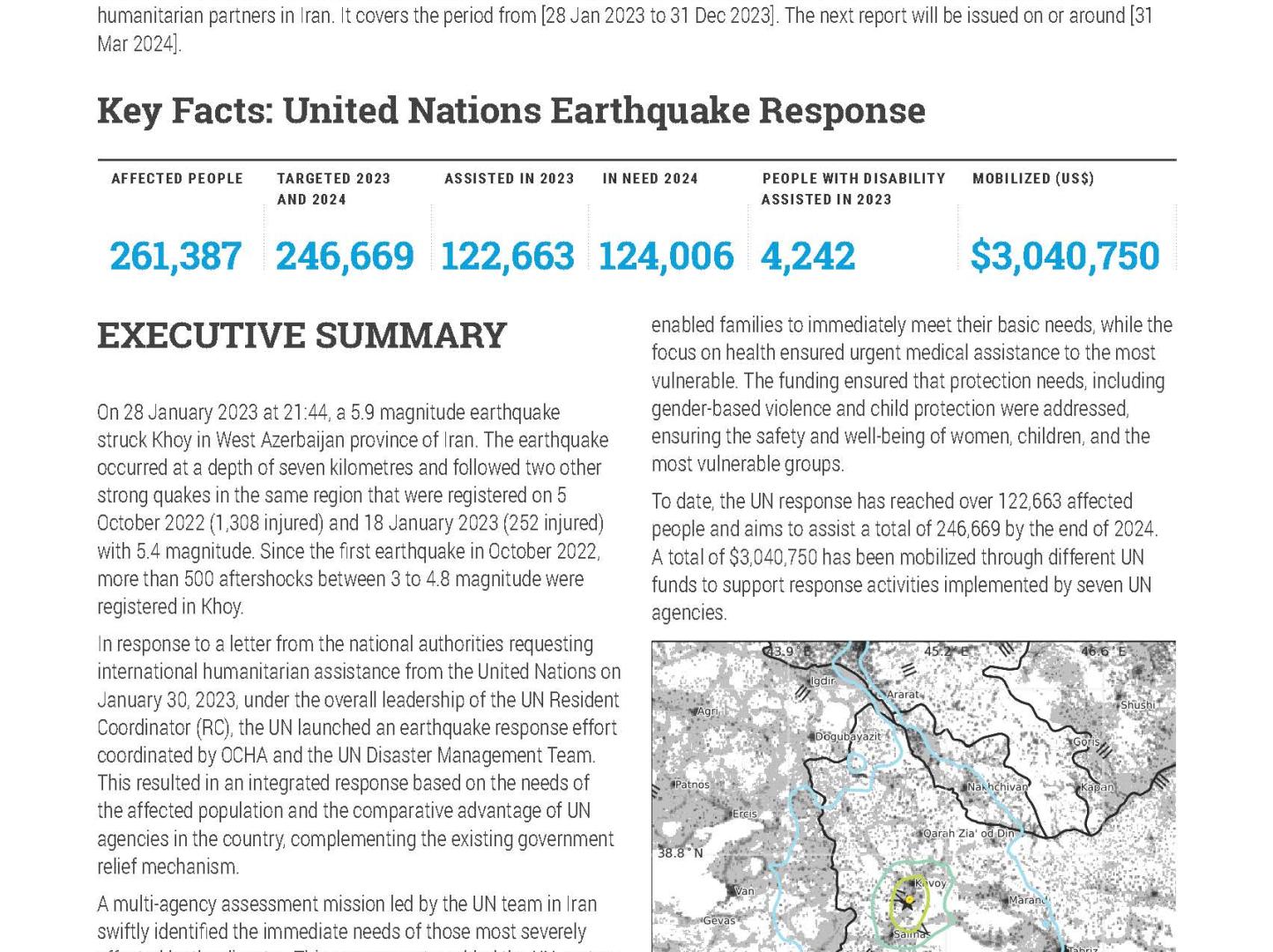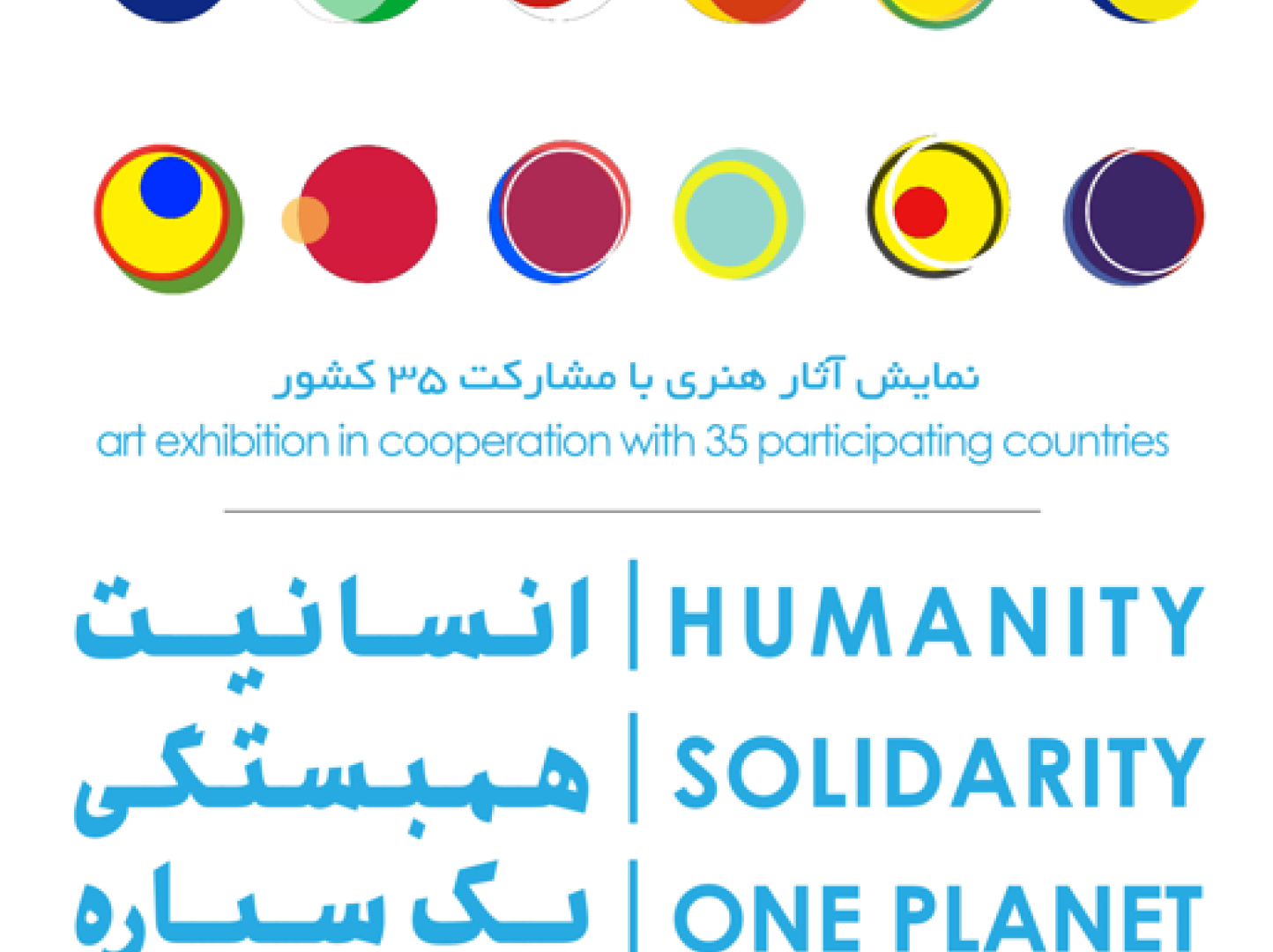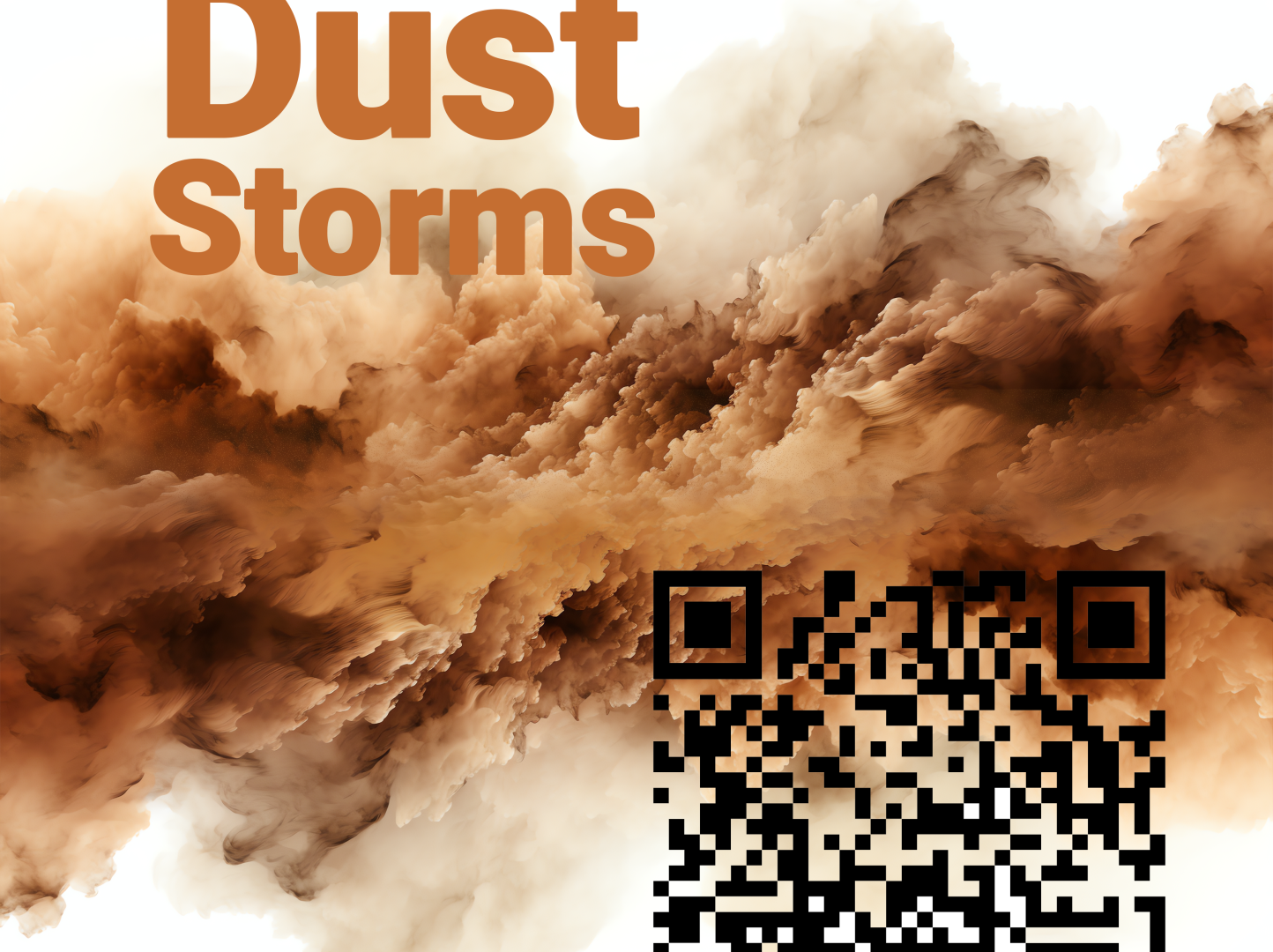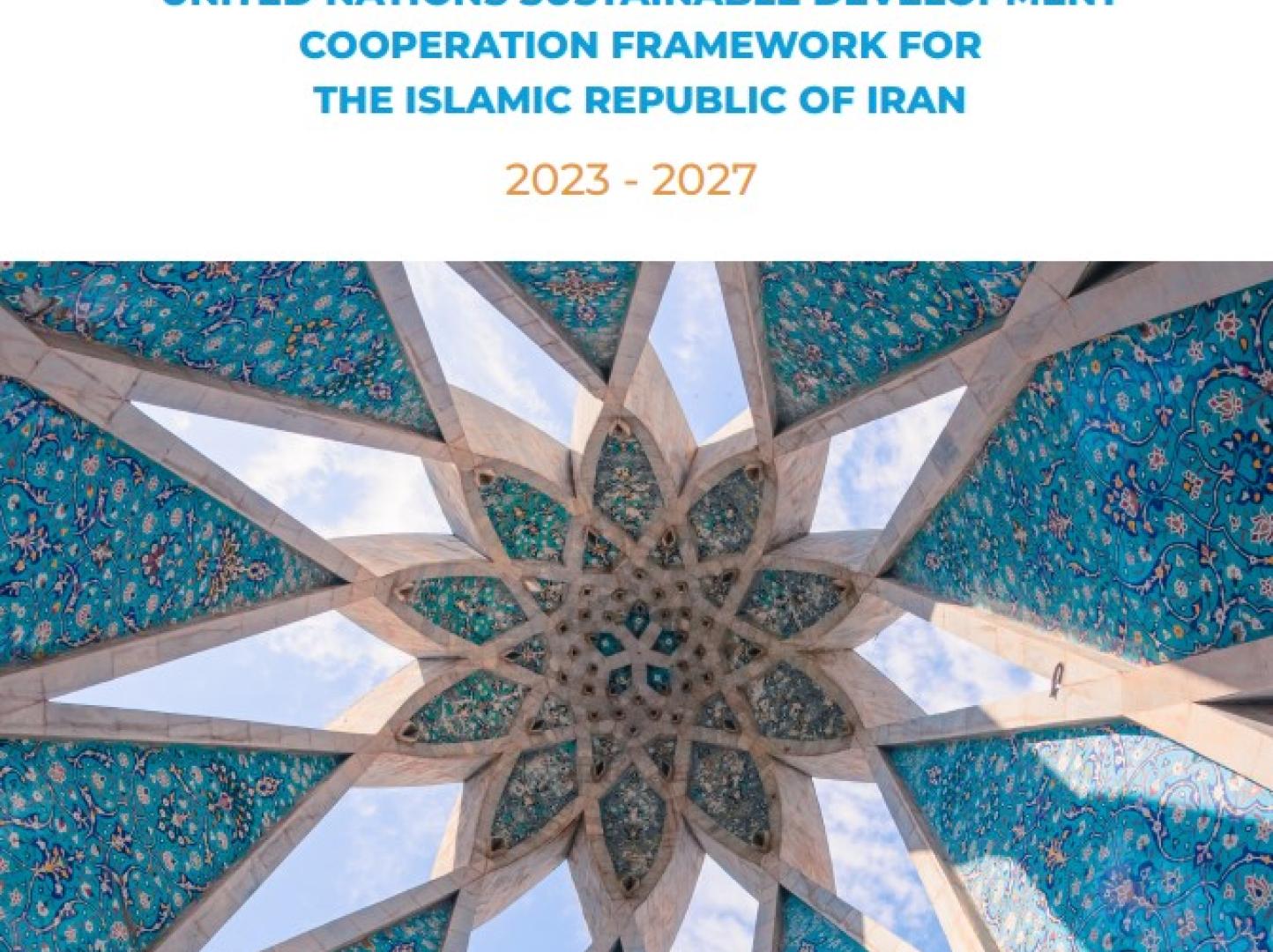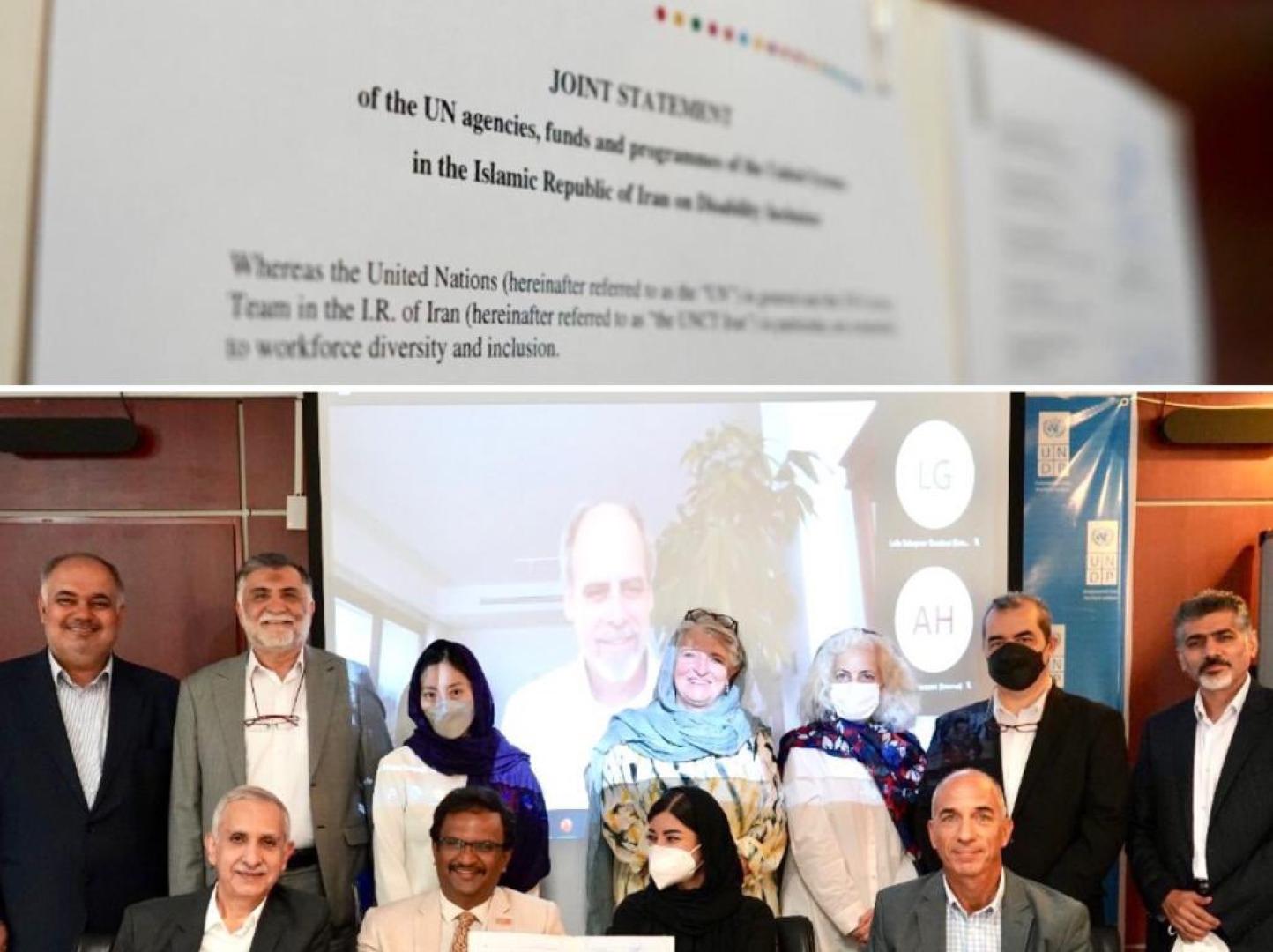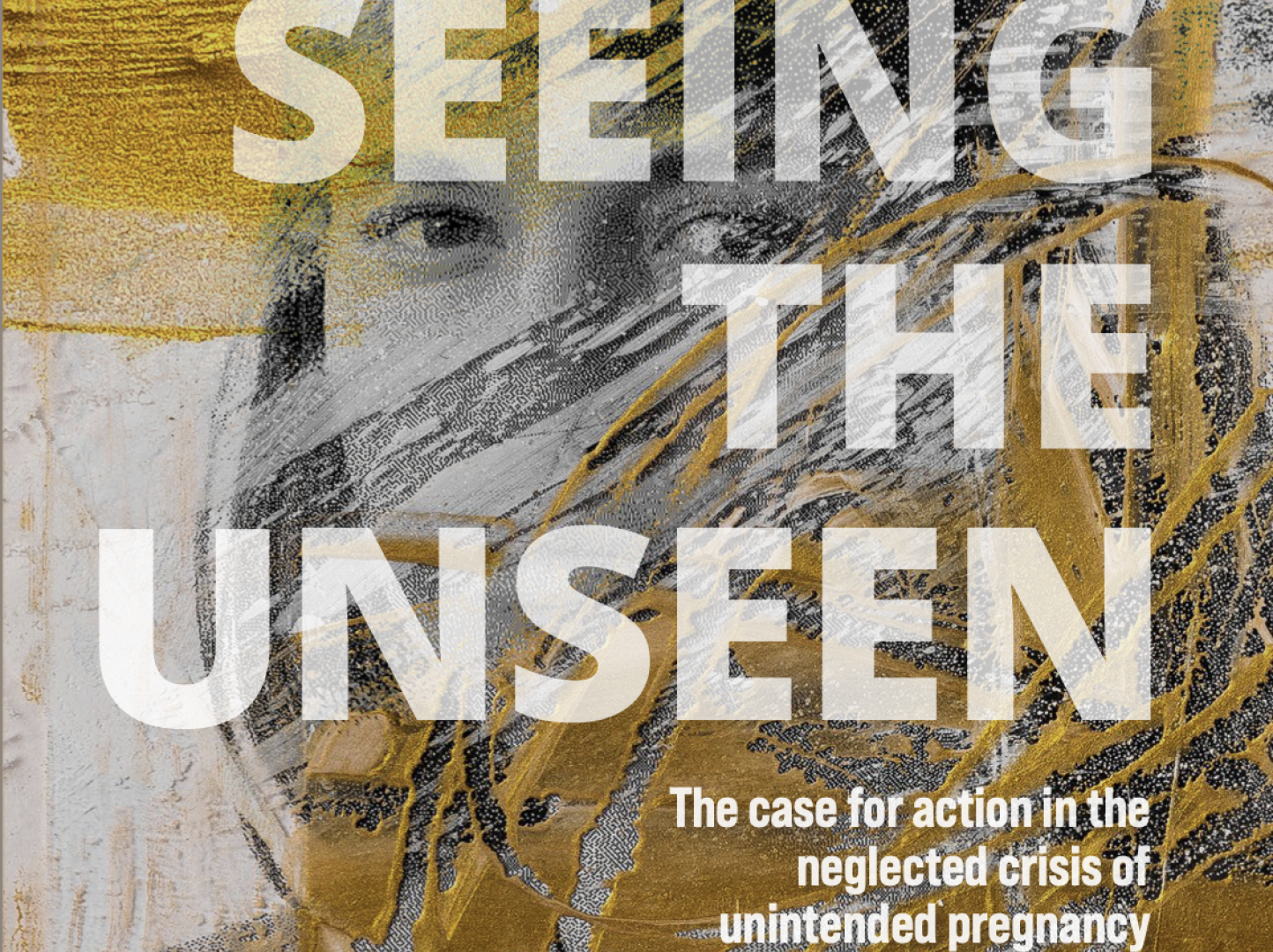Latest
Speech
10 June 2025
UN Secretary-General Message for the International Day for Dialogue Among Civilizations
Learn more
Press Release
10 June 2025
Tehran Hosts High-Level UN–Iran Panel on Safeguarding the Zagros Forests
Learn more
Speech
08 June 2025
UN Secretary General's Message for World Oceans Day
Learn more
Latest
Publication
07 February 2023
United Nations Sustainable Development Cooperation Framework (UNSDCF) for I.R.Iran 2023 - 2027
The United Nations Sustainable Development Cooperation Framework (UNSDCF) for 2023-2027 was developed jointly between the Government of the Islamic Republic of Iran and the United Nations System to reflect and support the national development goals and strategies. Starting in 2021, the United Nations Country Team in Iran engaged in consultations internally and with a wide range of national partners that identified the evidence base to prioritize development needs and opportunities for the UNSDCF. These consultations resulted in the vision for United Nations support to Iran’s development that is based on equitable, inclusive, resilient, and sustainable growth and development. Five strategic priorities that guide the work of the United Nations System in Iran in the coming years were identified: (a) socio-economic resilience; (b) public health; (c) environment; (d) disaster risk reduction and management; and (e) impacts of drug use and drug trafficking.
, filtered_html
1 of 4
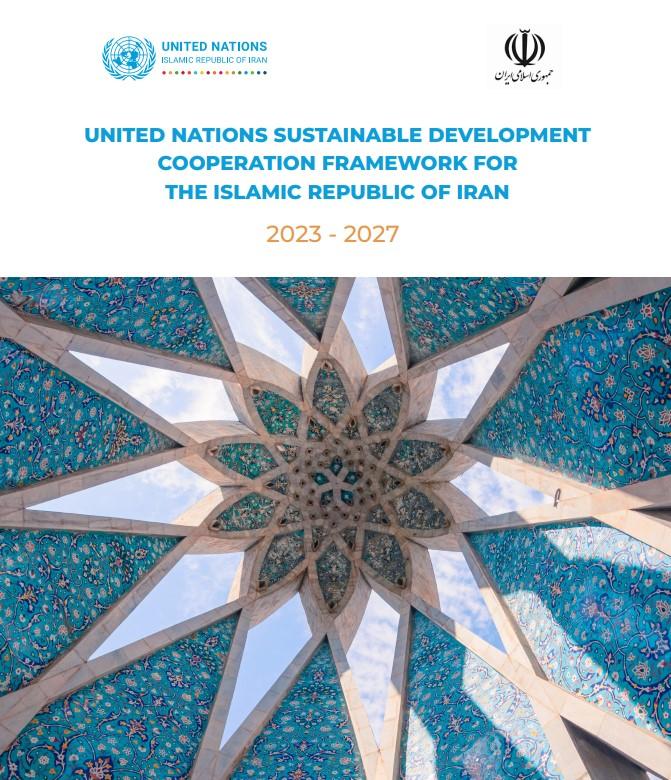
Publication
23 January 2023
United Nations Iran Country Results Report - 2021
This report lays out the UN’s collective contribution to Iran’s development and humanitarian goals, including under the current United Nations Development Assistance Framework (2017-2022).
, filtered_html
1 of 4
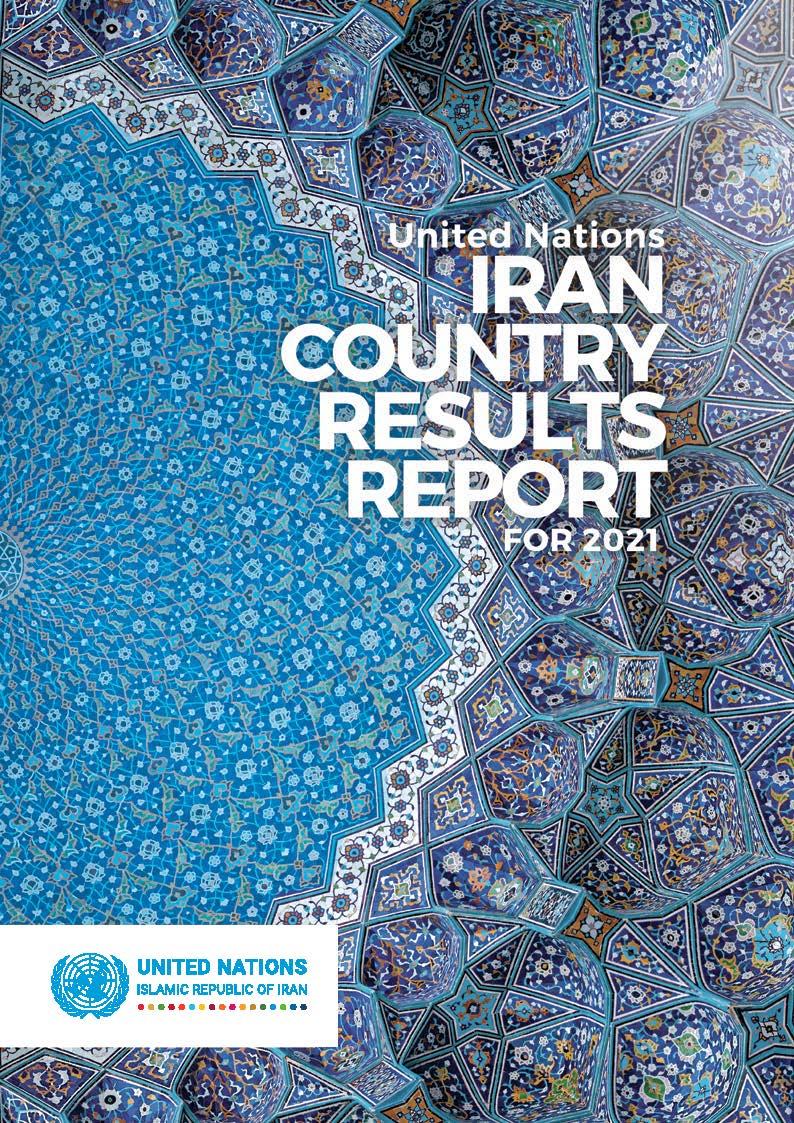
Publication
30 August 2021
UN Iran Country Results Report 2020
The UN Iran Country Results Report on behalf of the United Nations Country Team in the Islamic Republic of Iran, illustrates how, in 2020 the UN collectively supported Iran in achieving its national development and humanitarian goals. This support is provided as part of the United Nations Development Assistant Framework (UNDAF), a strategic and programmatic framework of cooperation between the UN and the Islamic Republic of Iran, currently in its fourth year (2017-2022).
, filtered_html
1 of 4
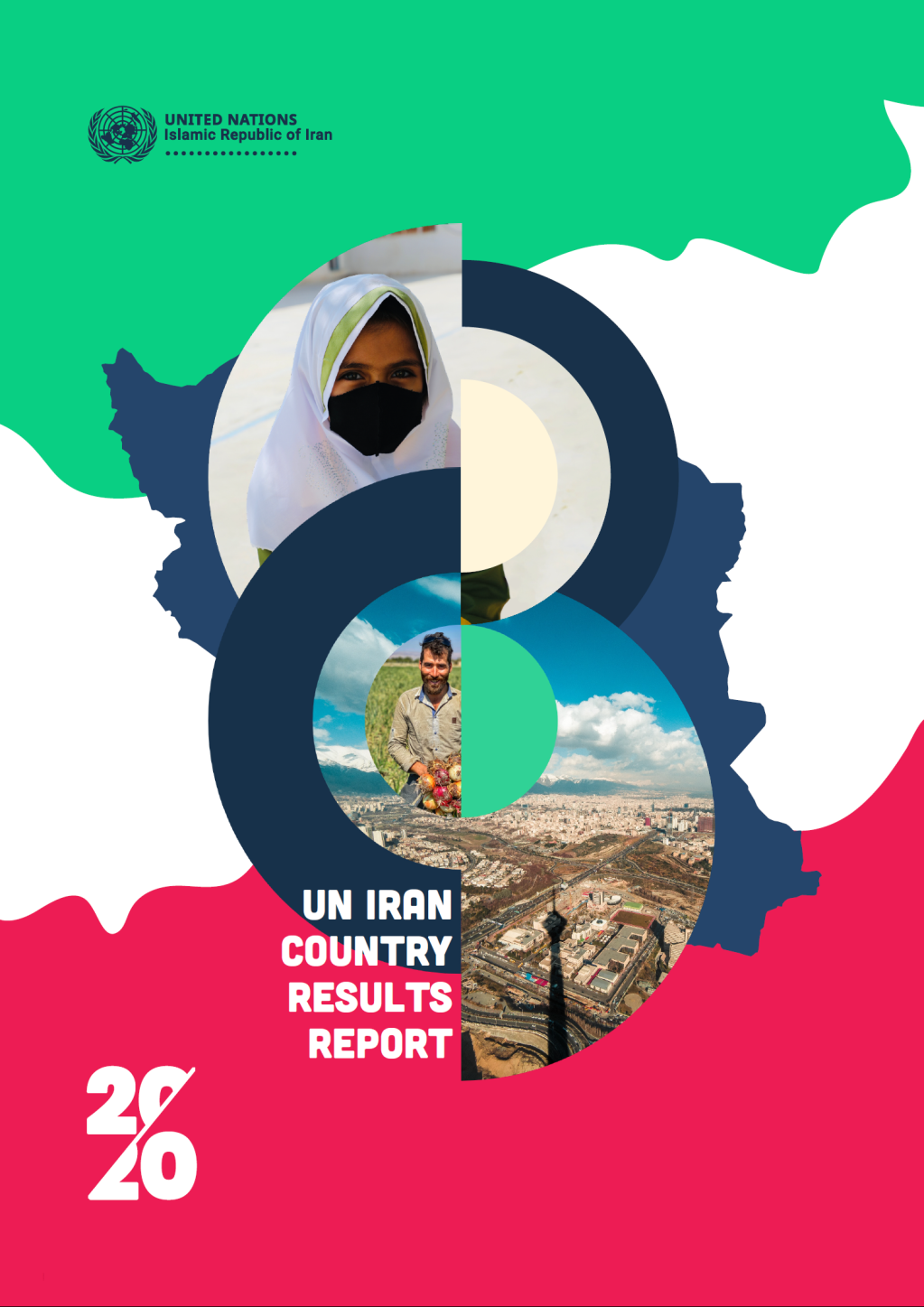
Publication
28 October 2020
UN Iran Country Results Report 2019
The UN Iran Country Results Report 2019 is prepared in line with the United Nations General Assembly Resolution 67/226 on the Quadrennial
Comprehensive Policy Review and Resolution 72/729 on repositioning of the UN Development System. It illustrates the collective results achieved
by the United Nations System in Iran during the course of 2019 in addressing the country’s national development and humanitarian priorities, alongside
national and international partners. This support is provided under the chapeau of the United Nations Development Assistance Framework (UNDAF)
2017-2021, which is a strategic and programmatic framework of cooperation between the United Nations and the Islamic Republic of Iran, with
priorities identified in line with the Government of Iran’s 6th Five-Year Economic, Cultural and Social Development Plan 2017-2021. The United Nations
humanitarian agencies operate outside the UNDAF based on their respective frameworks i.e. the Solutions Strategy for Afghan Refugees (SSAR)
for UNHCR, the Interim Country Strategic Plan (ICPS) for WFP, and IOM activities being guided by a Memorandum of Understanding signed with the
Government of Iran. , filtered_html
Comprehensive Policy Review and Resolution 72/729 on repositioning of the UN Development System. It illustrates the collective results achieved
by the United Nations System in Iran during the course of 2019 in addressing the country’s national development and humanitarian priorities, alongside
national and international partners. This support is provided under the chapeau of the United Nations Development Assistance Framework (UNDAF)
2017-2021, which is a strategic and programmatic framework of cooperation between the United Nations and the Islamic Republic of Iran, with
priorities identified in line with the Government of Iran’s 6th Five-Year Economic, Cultural and Social Development Plan 2017-2021. The United Nations
humanitarian agencies operate outside the UNDAF based on their respective frameworks i.e. the Solutions Strategy for Afghan Refugees (SSAR)
for UNHCR, the Interim Country Strategic Plan (ICPS) for WFP, and IOM activities being guided by a Memorandum of Understanding signed with the
Government of Iran. , filtered_html
1 of 4
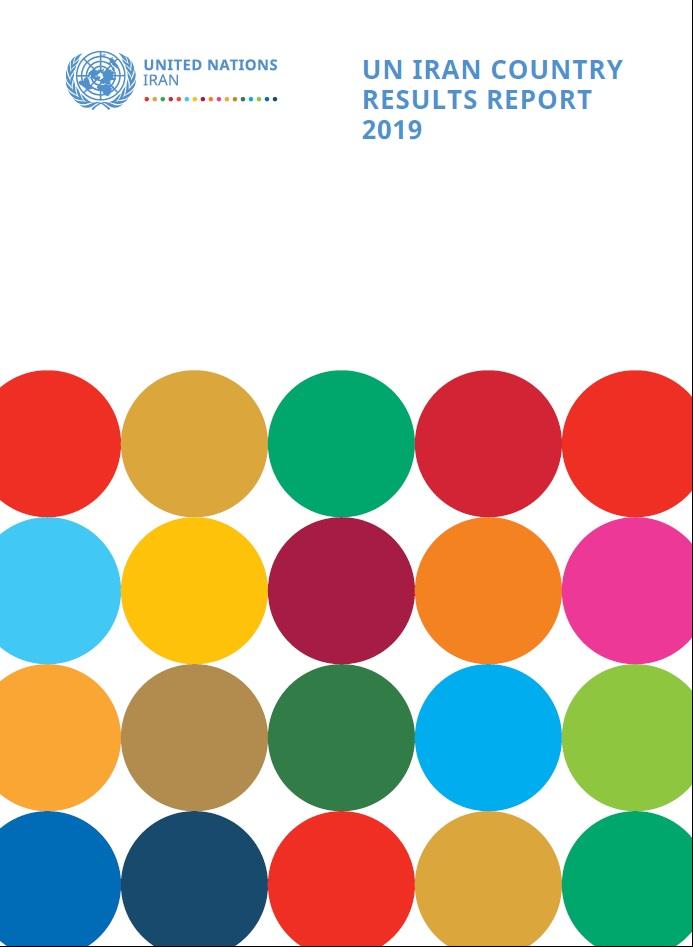
Story
03 June 2025
Every Cup of Tea Tells a Story
Tea is a beverage made from the Camellia sinesis plant. Tea is the world’s most consumed drink, after water. In Iran, tea is more than a drink. It’s how we welcome guests, slow down with family, honour moments, and carry tradition through generations.But behind every cup is a woman, a farmer, a family, part of the 13 million people around the world who rely on tea for their livelihoods. Grown in just a few regions, tea sustains smallholder farmers and entire communities, harvest after harvest.Today, climate change is making that harder. That’s why UNDP is working with farmers across the world, and here in Iran, to protect water, grow greener, and keep these livelihoods alive.This Tea Day, let’s honour the ritual and the people who keep it alive. Support local. Because every cup of tea tells a story.Honouring women around the world, from crop to cupThis year, International Tea Day highlights women and their role in the tea sector. It is also an opportunity to celebrate the cultural heritage, health benefits and economic importance of tea, while working to make its production sustainable “from field to cup” ensuring its benefits for people, cultures and the environment continue for generations.Tea and climate changeTea production is highly sensitive to changes in growing conditions. Changes in temperature and rainfall patterns, with more floods and droughts, are already affecting yields, tea product quality and prices, lowering incomes and threatening rural livelihoods. These climate changes are expected to intensify, calling for urgent adaptation measures. In parallel, there is a growing recognition of the need to contribute to climate change mitigation, by reducing carbon emissions from tea production and processing.Therefore, tea-producing countries should integrate climate change challenges, both on the adaptation and mitigation front, into their national tea development strategies. , filtered_html
1 of 5
Story
03 June 2025
FAO’s New Representative to Iran presents credentials to Foreign Minister
TEHRAN – 25 May 2025 – The recently-appointed FAO Representative to the Islamic Republic of Iran, Mr. Farrukh Toirov, presented his credentials to the Minister for Foreign Affairs, Mr. Seyed Abbas Araghchi on Sunday 25 May 2025 and officially commenced his assignment.Mr. Toirov, national of Tajikistan, brings over 20 years of extensive experience in international development and agricultural programming to his new role. His diplomatic mission in Iran marks the beginning of a new chapter in FAO's cooperation with the country, aiming to strengthen collaboration in the areas of agricultural production and productivity, fisheries, food safety, sustainable agriculture, natural resource management, climate change mitigation and reduction.Prior to his appointment in Iran, Mr. Toirov held several key positions within FAO, including Deputy FAO Representative in Pakistan and Senior Programme Officer heading FAO’s provincial office in Peshawar. Over the years, he has managed diverse portfolios across multiple regions, including Tajikistan, Kyrgyzstan, the Russian Federation (Chechnya), Somalia, Ukraine, and Pakistan.Mr. Toirov’s appointment reaffirms FAO’s continued commitment to supporting Iran in achieving its national development priorities., filtered_html
1 of 5
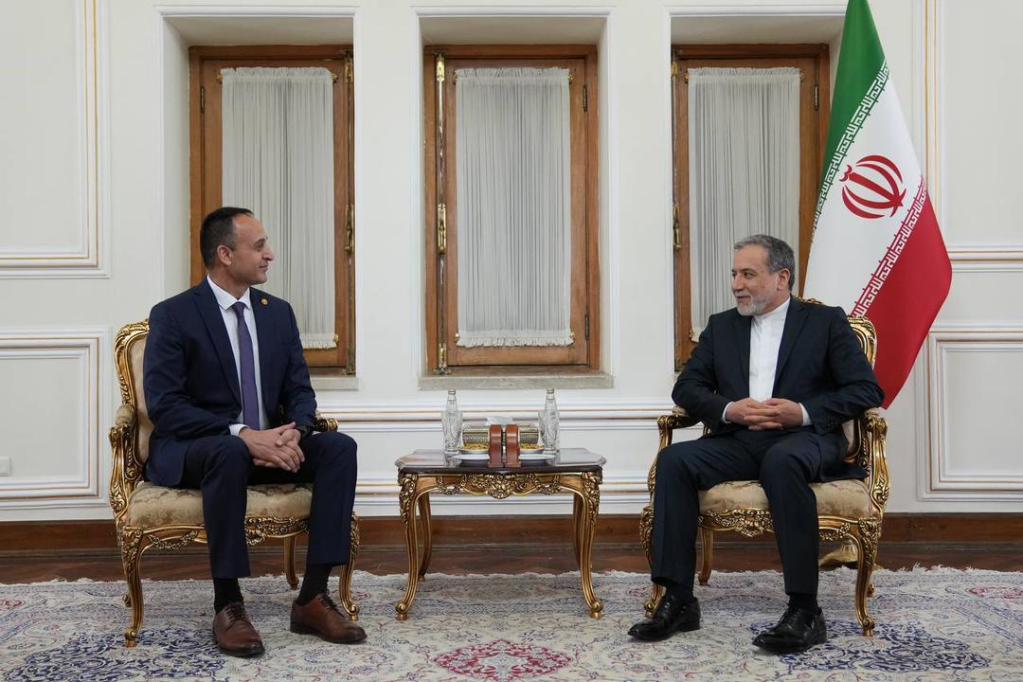
Story
15 May 2025
China, UNAIDS to help Iran boost HIV rapid response
TEHRAN – In an effort to enhance the overall resilience of Iran’s national AIDS program and HIV testing capacity, Iran’s Health Ministry, the China International Center for Economic and Technical Exchanges (CICETE), and the Joint United Nations Program on HIV/AIDS (UNAIDS) have convened a meeting to share expertise.The two-day knowledge and experience-sharing meeting took place in Tehran on April 29-30, focusing on accelerating Iran’s HIV response. This multi-stakeholder engagement brought together more than 30 experts from the two countries and UNAIDS to explore pathways to establishing a domestic manufacturing capacity for HIV rapid diagnostics, which represents a sustainable pathway to eliminate the HIV testing gap in Iran.This meeting was organized within the framework of a Joint Agreement signed between CICETE and UNAIDS in April 2024, funded by China’s voluntary financial support within the South-South Cooperation framework.The agreement, which is in line with the priorities of Iran’s National AIDS Control Program and China’s Global Development Initiative, combines supply chain, capacity development and knowledge exchange solutions to strengthen an important pillar of Iran’s national HIV response, namely knowledge of HIV status, the first of the global 95-95-95 targets. This “first 95” is the key to controlling Iran’s HIV epidemic. The first of the United Nations’ 95-95-95 targets to end the HIV epidemic is for 95 percent of people living with HIV to know their HIV status by 2025. HIV testing is therefore essential to achieving “the first 95”. Setting the tone for the rich discussion were opening remarks from the UN Resident Coordinator in the Islamic Republic of Iran, Stefan Priesner; the UNAIDS Regional Director for the Asia-Pacific and Eastern Europe and Central Asia regions, Eamonn Murphy; the Deputy-Director of China’s National Center for STD/AIDS Prevention and Control (NCAIDS), Xu Peng; and the Advisor on International Affairs to Iran’s Deputy-Minister of Health, Mohammad-Reza Rahbar.This project not only manifests many of the core values of multilateralism but also paves the road for further collaboration between the I.R. Iran, the People’s Republic of China, and UNAIDS in the field of HIV and health. It falls squarely within the framework of biomedical and scientific cooperation between the two countries, announced by Iran’s Minister of Health and Medical Education, Mohammad Reza Zafarqandi, during his recent official trip to China. UNAIDSThe Joint United Nations Programme on HIV/AIDS (UNAIDS) leads and inspires the world to achieve its shared vision of zero new HIV infections, zero discrimination, and zero AIDS-related deaths. UNAIDS unites the efforts of 11 UN organizations—United Nations High Commissioner for Refugees (UNHCR), United Nations Children’s Fund (UNICEF), World Food Program (WFP), United Nations Development Program (UNDP), United Nations Population Fund (UNFPA), United Nations Office on Drugs and Crime (UNODC), UN Women, International Labour Organization (ILO), United Nations Educational, Scientific and Cultural Organization (UNESCO), World Health Organization (WHO), and the World Bank— works closely with global and national partners towards ending the AIDS epidemic by 2030 as part of the Sustainable Development Goals. , filtered_html
1 of 5
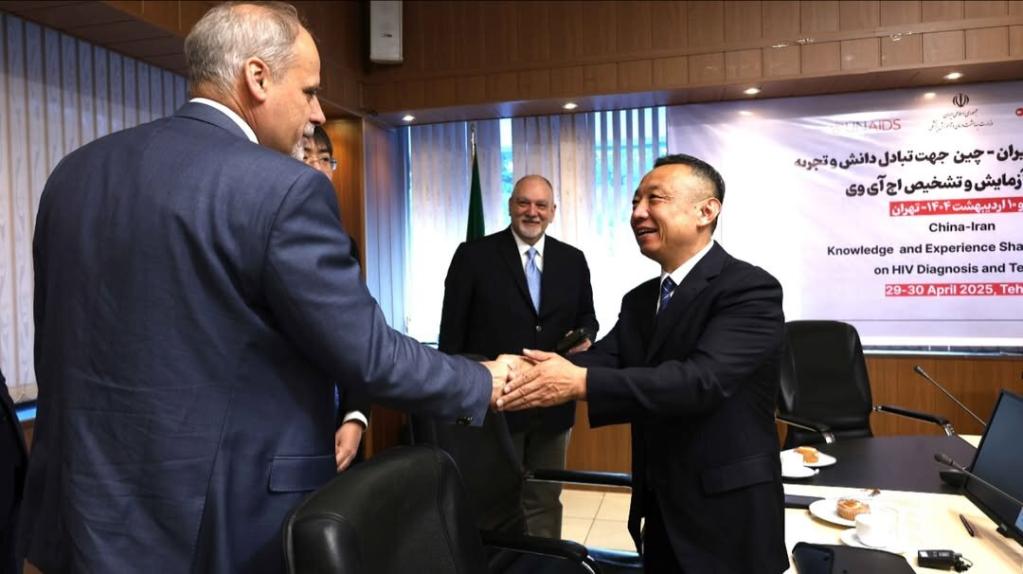
Story
14 May 2025
FAO int. expert visits Iran to help boost pistachio competitiveness in global market
Kerman, Iran – As part of its ongoing efforts to strengthen Iranian pistachio export standards, the Food and Agriculture Organization of the United Nations (FAO) has dispatched a technical delegation to Kerman Province to assess and improve sampling and laboratory testing procedures for detecting contaminants in pistachios — one of Iran’s most valuable export commodities.The three-day mission was conducted under the joint Technical Cooperation Project of FAO and Ministry of Agriculture Jahad, titled “Improving Pistachio Production and Export through Establishment of Integrated Product Management,” and accompanied by Benoit Glaud, FAO International Consultant for Laboratory Development and Improvement.The mission aimed to evaluate sampling and analysis methods used in controlling mycotoxin (aflatoxin) levels in pistachios, in line with the EU Regulation 2023/2782, which sets maximum levels for contaminants in food.The FAO delegation visited Iranian Food and Drug Administration (IFDA) laboratories under the Ministry of Health, private-sector facilities including pistachio processing terminals, and pilot orchards across Kerman and Rafsanjan, as well as the Iranian Pistachio Research Institute (IPRI). During these visits, the team observed and assessed sampling procedures, testing protocols, and quality management systems for pistachios intended for both domestic and international markets.In addition to assessments, two training workshops were delivered by FAO, one of which was by Benoit Glaud for laboratory staff and traders focusing on the best international practices in sampling, aflatoxin detection, testing result quality controls, and regulatory compliance.Another event, co-organized with the Pistachio Research Institute, was held for pistachio growers and farmers, extension officers and experts from Kerman, Rafsanjan, Nough Rafsanjan and Sirjan. The focus was on Good Agricultural Practices (GAP) covering advanced irrigation techniques, soil and nutrition management, integrated pest management strategies and improved horticultural practices. The aim was to enhance the practical skills and technical knowledge of stakeholders to support the production of high-quality and safe pistachios. Through field visits and consultations, the experts evaluated current sampling and analysis methods used by Iranian FDA laboratories, and with Ministry of Agriculture Jahad identifying potentials gaps and recommending continuous improvements to keep up with international standards and practices. The delegation also focused on strengthening regulatory alignment, enhancing laboratory capabilities for mycotoxin detection, and developing a technical action plan. IFDA laboratories have technical capacities and expertise to provide reliable results for aflatoxins“At all stages in the pistachio production, processing, packaging and testing before export, I have met people with a very high level of expertise and understanding of the key points to ensure good pistachio quality for export. I express confidence that IFDA laboratories have the technical capacities and expertise to provide reliable results for aflatoxins and support the export sector. International food safety regulations are always evolving, and it is important to keep updated with the latest quality control procedure to deliver good results. This FAO project is supporting the Islamic Republic of Iran in this aspect,” Glaud said.By engaging with both public and private stakeholders, FAO sought to transfer the best global practices, build national capacity, and support sustainable improvements across the pistachio value chain.Launched in 2023, the pistachio project aims to promote sustainable and integrated pistachio supply chain management, improve productivity, support compliance with food safety regulations, and enhance market access. By addressing key quality and safety challenges, the project contributes to economic resilience, food and nutrition security, and Iran’s competitiveness in global markets., filtered_html
1 of 5
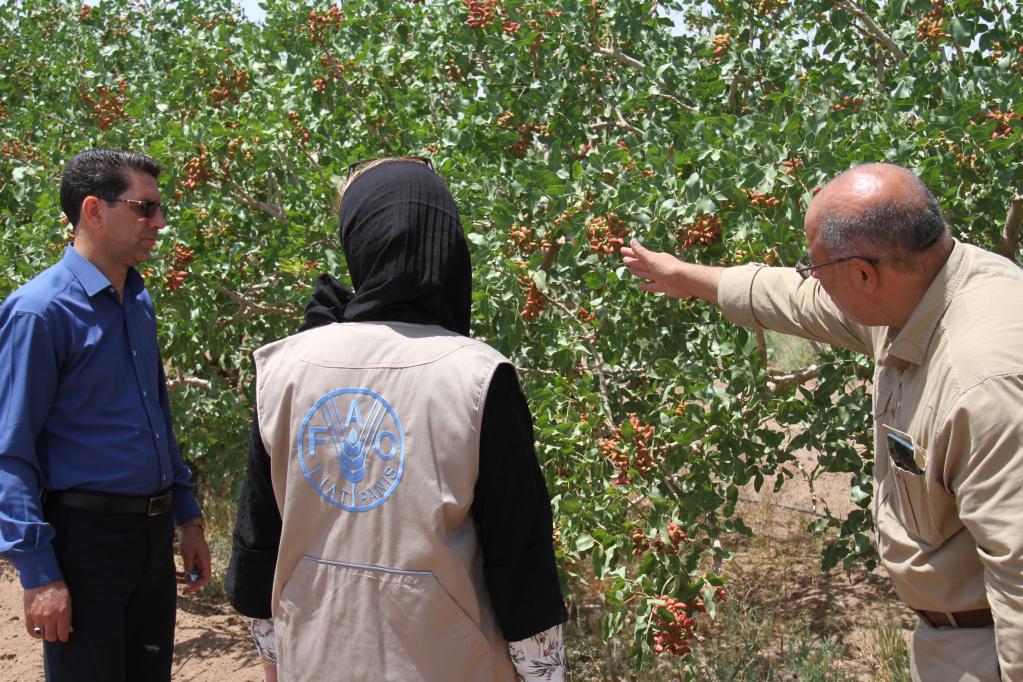
Story
03 June 2025
Human development progress slows to a 35-year low according to UNDP report
Tehran, 7 May 2025 – Human development progress is experiencing an unprecedented slowdown according to the United Nations Development Programme’s (UNDP) latest Human Development Report (HDR) 2025. The report shows how Artificial Intelligence (AI) could reignite development.Instead of seeing sustained recovery following the period of exceptional crises of 2020-2021, the report reveals unexpectedly weak progress. Excluding those crisis years, the meagre rise in global human development projected in this year’s report is the smallest increase since 1990.The 2025 HDR: "A matter of choice: people and possibilities in the age of AI" analyses development progress across a range of indicators known as the Human Development Index (HDI), which encompasses achievements in health and education, along with levels of income.The report underscores growing divides between high- and low-HDI countries, reversing decades of gains. As global challenges, from economic shocks to climate pressures, narrow traditional development pathways, the report urges countries to act decisively and inclusively.“For decades, we have been on track to reach a very high human development world by 2030, but this deceleration signals a very real threat to global progress,” said Achim Steiner, UNDP Administrator. “If 2024’s sluggish progress becomes ‘the new normal’, that 2030 milestone could slip by decades – making our world less secure, more divided, and more vulnerable to economic and ecological shocks.”Asia-Pacific gains, but uneven progress persists
While global progress is stalling, the Asia-Pacific region showed some of the fastest gains in human development from 1990 to 2023, with both East Asia and the Pacific and South Asia raising their HDI value by more than 50% to 0.775 and 0.672, respectively.Iran: Progress with room to grow
According to the report, Islamic Republic of Iran’s HDI stands at 0.779, ranking 75 out of 193 countries and territories, placing it in the “High Human Development” category. Between 1990 and 2023, Iran’s HDI value changed from 0.626 to 0.799, a change of 27.6 percent.Going forward, the Gender Inequality Index (GII) remains an area for improvement. Iran has the potential to leverage AI in advancing scientific and technological innovation, creating new opportunities for investment. A strategic approach could particularly emphasize equitable access to education, employment, and healthcare for women and girls, contributing to meaningful improvements in the GII. The road ahead
“Amidst this global turmoil, we must urgently explore new ways to drive development,” Mr. Steiner said. “As AI continues its rapid advance across so many aspects of our lives, we should consider its potential for development. New capabilities are emerging almost daily, and while AI is no panacea, the choices we make hold the potential to reignite human development and open new pathways and possibilities.”The report contains the results of a new survey that showed people are realistic yet hopeful about the change AI can bring.Half of respondents worldwide think that their jobs could be automated. An even larger share—six in ten— expect AI to impact their employment positively, creating opportunities in jobs that may not even exist today.
Only 13 percent of survey respondents fear AI could lead to job losses. In contrast, in low- and medium-HDI countries, 70 percent expect AI to increase their productivity, and two thirds anticipate using AI in education, health, or work within the next year.The report advocates for a human-centered approach to AI – which has the potential to fundamentally redesign approaches to development. The survey results show that across the world people are ready for this kind of ‘reset’.The report outlines three critical areas for action:
• Building an economy where people collaborate with AI rather than compete against it
• Embedding human agency across the full AI lifecycle, from design to deployment
• Modernizing education and health systems to meet 21st-Century demands"The choices we make in the coming years will define the legacy of this technological transition for human development," said Pedro Conceição, Director of UNDP’s HDR Office. "With the right policies and focus on people, AI can be a crucial bridge to new knowledge, skills, and ideas that can empower everyone from farmers to small business owners."The 2025 HDR is available at: https://www.undp.org/iran/publications/human-development-report-2025 , filtered_html
While global progress is stalling, the Asia-Pacific region showed some of the fastest gains in human development from 1990 to 2023, with both East Asia and the Pacific and South Asia raising their HDI value by more than 50% to 0.775 and 0.672, respectively.Iran: Progress with room to grow
According to the report, Islamic Republic of Iran’s HDI stands at 0.779, ranking 75 out of 193 countries and territories, placing it in the “High Human Development” category. Between 1990 and 2023, Iran’s HDI value changed from 0.626 to 0.799, a change of 27.6 percent.Going forward, the Gender Inequality Index (GII) remains an area for improvement. Iran has the potential to leverage AI in advancing scientific and technological innovation, creating new opportunities for investment. A strategic approach could particularly emphasize equitable access to education, employment, and healthcare for women and girls, contributing to meaningful improvements in the GII. The road ahead
“Amidst this global turmoil, we must urgently explore new ways to drive development,” Mr. Steiner said. “As AI continues its rapid advance across so many aspects of our lives, we should consider its potential for development. New capabilities are emerging almost daily, and while AI is no panacea, the choices we make hold the potential to reignite human development and open new pathways and possibilities.”The report contains the results of a new survey that showed people are realistic yet hopeful about the change AI can bring.Half of respondents worldwide think that their jobs could be automated. An even larger share—six in ten— expect AI to impact their employment positively, creating opportunities in jobs that may not even exist today.
Only 13 percent of survey respondents fear AI could lead to job losses. In contrast, in low- and medium-HDI countries, 70 percent expect AI to increase their productivity, and two thirds anticipate using AI in education, health, or work within the next year.The report advocates for a human-centered approach to AI – which has the potential to fundamentally redesign approaches to development. The survey results show that across the world people are ready for this kind of ‘reset’.The report outlines three critical areas for action:
• Building an economy where people collaborate with AI rather than compete against it
• Embedding human agency across the full AI lifecycle, from design to deployment
• Modernizing education and health systems to meet 21st-Century demands"The choices we make in the coming years will define the legacy of this technological transition for human development," said Pedro Conceição, Director of UNDP’s HDR Office. "With the right policies and focus on people, AI can be a crucial bridge to new knowledge, skills, and ideas that can empower everyone from farmers to small business owners."The 2025 HDR is available at: https://www.undp.org/iran/publications/human-development-report-2025 , filtered_html
1 of 5
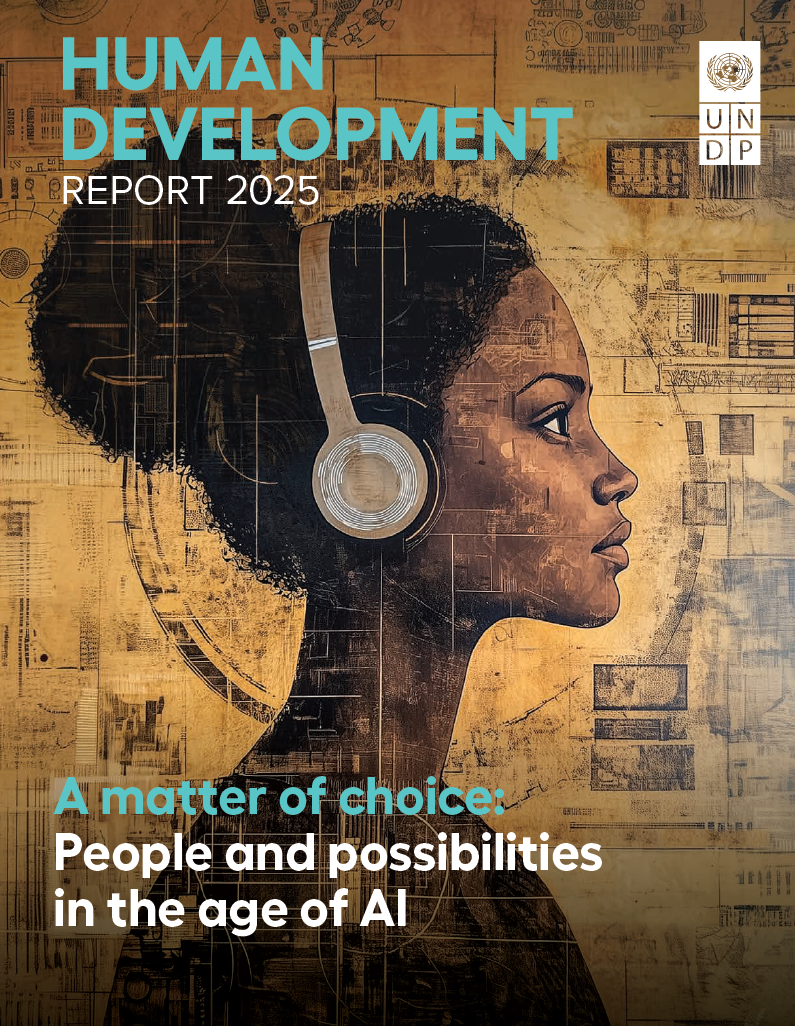
Press Release
11 June 2025
Tehran Hosts High-Level UN–Iran Panel on Safeguarding the Zagros Forests
The event, co-hosted by the Iran’s Ministry of Foreign Affairs, the Natural Resources & Watershed Management Organization, the Plan and Budget Organization and the United Nations Resident Coordinator’s Office, is the last of seven thematic panels feeding recommendations to the International Conference on Sustainable Zagros Forest Management on 29 June 2025.In his keynote address, Deputy Foreign Minister for Legal and International Affairs Dr. Kazem Gharibabadi described the Zagros as “a priceless heritage for Iran and the world” and called sustainable forest management “an essential tool to fight climate change, safeguard water resources and ensure prosperity for future generations.” Dr. Gharibabadi added that “the future of the Zagros will profoundly shape the future of our planet. Let us work together for a better planet.” Deputy Foreign Minister Ghariabadi underlined the need for the transfer of technology and financing from developed countries.UN Resident Coordinator in the Islamic Republic of Iran, Mr. Stefan Priesner, also highlighted the forests’ role as the hydrological backbone of western Iran and called for “environmental financing to become a priority for all stakeholders,” adding that Bakhtiari nomads and other local communities “must be at the centre of conservation efforts. These oak mountains are not just scenic—they are foundational to Iran’s history, culture and future. Protecting them is a shared responsibility.” said the Resident Coordinator. “Without urgent action, we risk losing not only the Zagros forests but the life systems they support.” Covering almost 6 million hectares—about 40 percent of Iran’s total forest area—the Zagros oak woodlands regulate water, prevent soil erosion and support millions of rural livelihoods, yet have shrunk by nearly half in 80 years because of illegal logging, overgrazing and climate change. ***********************For further information please contact United Nations Information Centre (UNIC) in Tehran:+989121053220Unic-tehran@un.org , filtered_html
1 of 5
Press Release
16 January 2025
THE EUROPEAN UNION SUPPORTS THE MOST VULNERABLE REFUGEES IN IRAN THROUGH ADDITIONAL FUNDING TO WFP
This critical funding enables WFP’s to sustain its cash support programme for refugees until early 2025. The programme has already made significant progress over the past months empowering refugees to meet their basic needs.Iran hosts one of the largest refugee populations globally, with 3.8 million refugees and individuals in refugee-like situations, the majority of whom are from Afghanistan. With the generous support of donors, WFP provides vital assistance to 33,000 of the most vulnerable refugees across 20 settlements. This support includes food, cash assistance, school-based programmes, and livelihood opportunities, all aimed at supporting their resilience and eventual voluntary repatriation.In partnership with the EU, WFP has achieved key milestones; providing thousands of refugee families with monthly cash assistance. This innovative approach gives refugees freedom of choice and restores a sense of normalcy into their lives by allowing them to buy food items of their choice in local shops to diversify their diets."The funds received will directly touch the lives of thousands of refugees in Iran, providing them with necessary support and ensuring their well-being and stability amidst challenging circumstances,” said WFP Representative in Iran Maysaa Alghribawy. "However, the needs remain great, and we urge other donors to join us in our mission to ensure food security for all."With the additional resources, WFP Iran aims to continue its operations seamlessly, providing life-saving assistance to those in need. The organization remains committed to working closely with the EU and other partners to address food security challenges refugees in Iran face.# # # The United Nations World Food Programme is the world’s largest humanitarian organization saving lives in emergencies and using food assistance to build a pathway to peace, stability, and prosperity for people recovering from conflict, disasters, and the impact of climate change.Follow us on X, formerly Twitter, via @wfp_media, @wfpiranFor more information please contact (email address: firstname.lastname@wfp.org):Dara Darbandi, WFP/ Iran, Mob. +98 912 308 4147, filtered_html
1 of 5
Press Release
02 December 2024
UNDP Welcomes New Contribution from Japan to Strengthen Wetland Management and Climate Resilience in Iran
Japan has been a key partner of the Government of Iran and UNDP since 2014 in supporting sustainable natural resource management in wetland basins and diversifying livelihoods of communities reliant on wetlands. During the signing ceremony on 1 December 2024 the Government of Japan and UNDP signed exchange of notes to implement "The Project for Developing Conservation System of Wetlands in Lake Urmia and Other Wetlands including their Surrounding Communities." The project will be jointly implemented with the Department of Environment and in collaboration with the Food and Agriculture Organization of the United Nations (FAO) from 2024 to 2028.The project will build on the past achievements and will accelerate efforts to successfully scale up piloted models and practices. By focusing on sustainable agriculture and alternative livelihoods that are adapted to climate change, the initiative seeks to create long-term benefits for local communities while preserving the biodiversity of wetlands as vital ecosystems."Over the past ten years, the unwavering support from the People and the Government of Japan has positively impacted agricultural productivity and enhanced livelihoods in target communities. In the next four years, we will continue promoting innovative, water-efficient agricultural practices, while emphasizing scaling up for a better future for all.” said Gulbahor Nematova, UNDP Iran Deputy Resident Representative. H.E. Mr. Tsukada, the Ambassador of Japan to Iran stated: “Iran has 26 valuable wetlands listed under the Ramsar Convention, including Lake Urmia. These wetlands, which are home to diverse species and migratory birds, must be conserved in cooperation with the international community.Over the past 10 years, Japan has provided support for Lake Urmia conservation, but in order to further restore the wetland, it is essential to manage uncontrollable water extraction, develop an irrigation system that appropriately respond the climate change, and create sustainable industries such eco-tourism.In addition to directly tackling these challenges, this project’s knowledge and technologies will be utilized in other wetlands in Iran.We hope that the new project signed today will contribute to the environmental protection and economic development of the areas around the wetlands.”Media contact in UNDP Iran: communications.ir@undp.org ### ### ### UNDP is the leading United Nations development organization. Working with our broad network of experts and partners in 170 countries, we help nations to build integrated, lasting solutions for people and the planet.Learn more at www.undp.org/Iran and follow us on Instagram and X: @UNDPIran. , filtered_html
1 of 5
Press Release
25 August 2024
Iran partner with FAO and Green Climate Fund to strengthen climate resilience
The newly signed project, titled “Strengthening Iran’s access to GCF with national ownership, knowledge-based policies and sound technologies,” represents a crucial step towards aligning national strategies with climate action and promoting sustainable development.Iran, like many nations, faces the challenge of climate change and grappling with its adverse effects, including escalating droughts and catastrophic floods further exacerbating water scarcity issues affecting ecosystems, biodiversity, food production and economy. In response, Iran's National Strategic Action Plan on Climate Change 2017 outlines a comprehensive roadmap for climate adaptation and mitigation, contingent upon securing financial and technical support under the United Nations Framework Cooperation on Climate Change (UNFCCC).Engaging all key stakeholders including government, private sector and NGOs, the inception workshop for this project is held on 19 August, marking the official launch of this crucial initiative and setting the stage for collaborative efforts towards achieving climate resilience in the country.This transformative initiative between the Islamic Republic of Iran, GCF and FAO aims to fortify the country's resilience to climate change through a multifaceted approach. By fostering closer coordination with GCF and other climate finance institutions, establishing direct access to GCF resources, and integrating climate change considerations into development planning, the project seeks to pave the way for strategic climate investment promotion. Additionally, by facilitating access to advanced climate-resilient technologies and engaging both targeted sectors and the private sector in climate action initiatives, Iran aims to develop a robust pipeline of climate projects aligned with national priorities and GCF standards. Anticipated outcomes include enhanced national coordination mechanisms, the development of a strategy for direct access to the GCF, an updated GCF Country Programme, and the establishment of a comprehensive National Climate Change Knowledge Hub (NCCKH).The establishment of NCCKH will serve as a vital resource for disseminating technical knowledge and raising public awareness, ultimately contributing to enhanced national resilience and sustainable development., filtered_html
1 of 5
Press Release
14 August 2024
UN-Organized Art Exhibition Raises Awareness on Global Environmental Challenges
This exhibition is organized by the United Nations Development Programme (UNDP) and the United Nations Information Centre (UNIC) in the Islamic Republic of Iran, with the partnership of Ech Art Gallery and ArtUnity. The exhibition brings together 18 artists and 36 works of art. Visitors will encounter thought-provoking pieces – with accompanied information and statistics – that challenge us to reflect on our relationship with nature and our role in its conservation and preservation. These powerful artworks are more than just visual experiences; they are calls to action, urging us to acknowledge the severity of our environmental challenges as a global community and to work collectively towards sustainable solutions.“The purpose of the exhibition is to raise public awareness about the severe environmental stress that our beautiful planet is exposed to,” said the UN Resident Coordinator, Stefan Priesner, at the opening ceremony of the exhibition. “While the scope of environmental challenges is extremely concerning, the positive news is that solutions exist, and humanity can tackle the triple planetary crisis. We need stronger commitment and increased resources to guide humanity towards a sustainable future,” he added. The exhibit is open to public 9-17 August 2024, from 16:00-22:00, at Ech Art Gallery (No. 10, Mirza Taraj Alley, Shariati Street, south of Cinema Farhang, Tehran). UNDP together with other UN sister agencies, funds, and programmes, works closely with national and international partners to promote the integration of environment-friendly policies into all sectors. UN and its partners advocate for improved management of natural resources and biodiversity conservation and strive to increase national capacities to address climate action, including through international advocacy for climate finance. Additional Information:The exhibition brochure in English, filtered_html
1 of 5
Latest Resources
1 / 11
Resources
24 December 2024
Resources
18 April 2024
Resources
07 February 2023
1 / 11

